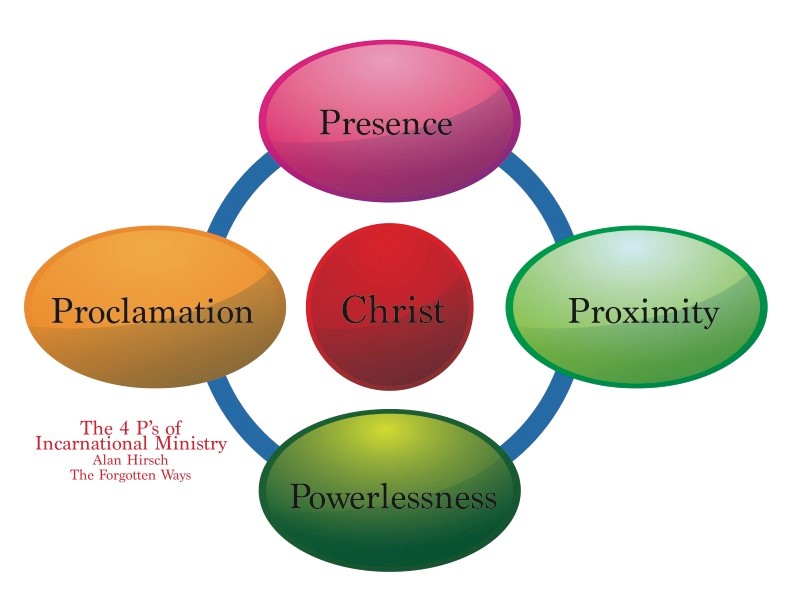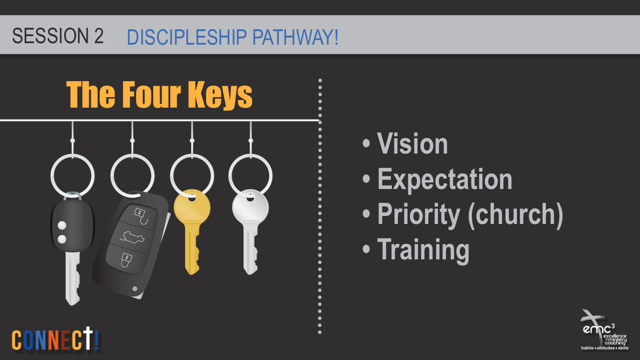August 1, 2012
By Phil Maynard
For some reason ministry leaders seem to think they have to figure it all out on their own. Maybe it’s the title that does it, maybe its our culture we were brought up in, or maybe its just about our egos.
But its time that the church figured out something that the business community ‘got’ a long time ago: we are much more successful with the right kind of partnership. In fact, some studies have indicated an increase of 600%!
Imagine ministry leaders following in the steps of someone who has made the journey already.
Imagine ministry leaders having someone with good listening and questioning skills who could help them process the challenges and develop the best plan of action.
Imagine ministry leaders having someone with specific skills who is willing to impart those skills to them.
This is the stuff that moves the effectiveness of our leaders forward exponentially.
Respectively, these kinds of relationships are called:
- Mentoring
- Coaching
- Apprenticing
The mentoring relationship is about someone pouring themselves into us so that we may be developed as leaders. They help us learn how to do something we have little or no knowledge about or experience with.
For example, if you were going to lead a mission team to a third world country, wouldn’t it be helpful to be mentored by someone who has already ‘been there and done that’?
The coaching relationship is about someone partnering with you to help you process where you want to go or what you want to accomplish and then supports you as you take steps toward your goal.
For example, if you wanted to increase the level of spiritual maturity in your congregation, wouldn’t it be helpful to have someone to bounce ideas off of and to ask the kinds of questions that help you develop clarity around what you want to accomplish and how to get there?
The apprenticing relationship is about someone helping you develop a particular skill set. For example: leading a small group, facilitating a discussion with leadership, or even preparing a Bible study or devotional.
The process goes like this:
I do. You watch. We talk.
I do. You help. We talk.
You do. I help. We talk.
You do. I watch. We talk.
You do. Someone else watches.
(for a great treatment of this process, check out the book Exponential by Dave and Jon Ferguson)
The kind of partnership we engage depends on the needs we bring to the table. But we all are more effective in our leadership when we are in partnerships. No more Lone Rangers!
Who has helped you become more successful in your ministry? Who might you be in partnership with to help them become a better leader?
Resources Mentioned:
Exponential, by Dave and Jon Ferguson. A Leadership Network resource published by Zondervan.




Leave A Comment